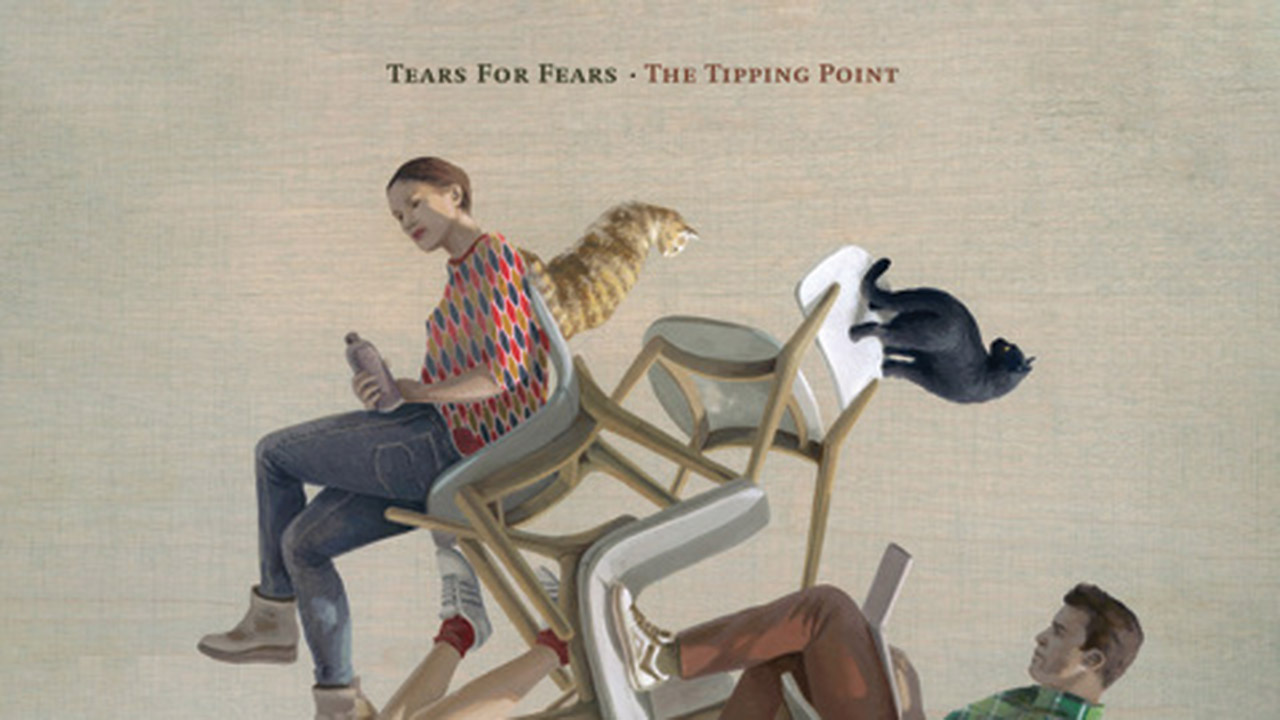When they rose to fame in the early 1980s on the back of hit singles Mad World and Change, Tears For Fears’ Roland Orzabal and Curt Smith seemed like many other post-punk duos with an eye on the big time. But there was a complexity and intelligence not far beneath the surface that set the Genesis and King Crimson-loving pair apart from their peers – their 1983 debut The Hurting was a concept album of sorts, while 1985’s Songs From The Big Chair is Exhibit A for smuggling prog into the pop charts (check out Broken for proof).
1989’s lush, dazzling The Seeds Of Love fractured Orzabal and Smith’s union – a state of affairs that wouldn’t be healed until the pair reunited in 2005 for the knowingly-titled Everybody Loves A Happy Ending. They’ve intermittently played live since then, but it took personal tragedy – namely the alcohol-related death of Orzabal’s wife of 35 years, Caroline, and his own subsequent personal illness – to prompt them to return to the studio to record their first album in 17 years.
Considering The Tipping Point is largely a rumination on grief, it’s an incredibly breezy and smart record that displays all of the duo’s historic strengths – melody, killer choruses and gravity. Opening track No Small Thing is the song that brought them back together, playing like “18 year olds” with acoustic guitars at Smith’s apartment in LA. Strangely evocative of a Roger Waters solo track, its gradual build and talk of punishing the child for ‘flying too high’ takes the listener right back to the psychodrama of The Hurting.
The title track captures the moment when Orzabal realised the enormity of the situation of his wife’s illness; yet when he sings of ‘the ghost knocking at my door/You know that I can’t love you more’, it could also be a reflection on his and Smith’s sometimes turbulent partnership. Please Be Happy examines Orzabal watching his wife’s depression at close quarters. The Master Plan, a critique of those who have tried to steer the group, buoyed by soaring strings and Orzabal’s impassioned vocal. The brooding Rivers Of Mercy is the album’s centrepiece. Looking for calm in the chaos of the pandemic, it plays out with a stately grace.
The Tipping Point is a pleasure from start to finish, demonstrating that 80s acts do not need to be lost in a haze of DayGlo and deely-boppers to continue to make their mark. The themes Tears For Fears have pursued, on and off, for the last 40 years are the same as they have always been, yet now they have the weight of age and experience behind them. It makes for elegant, mature music.

